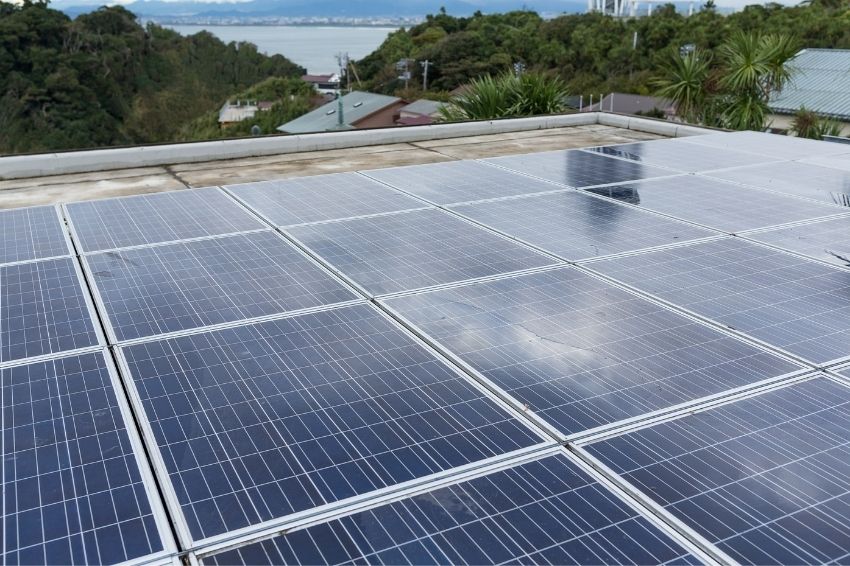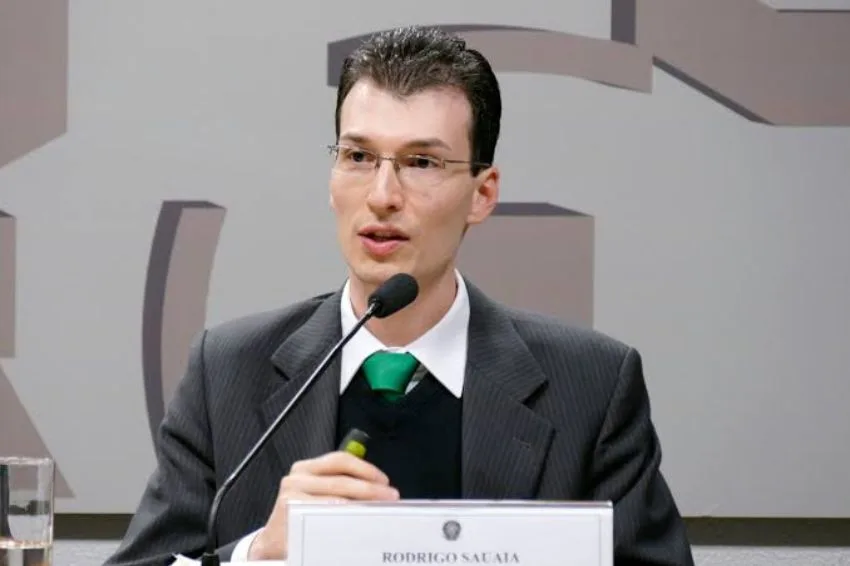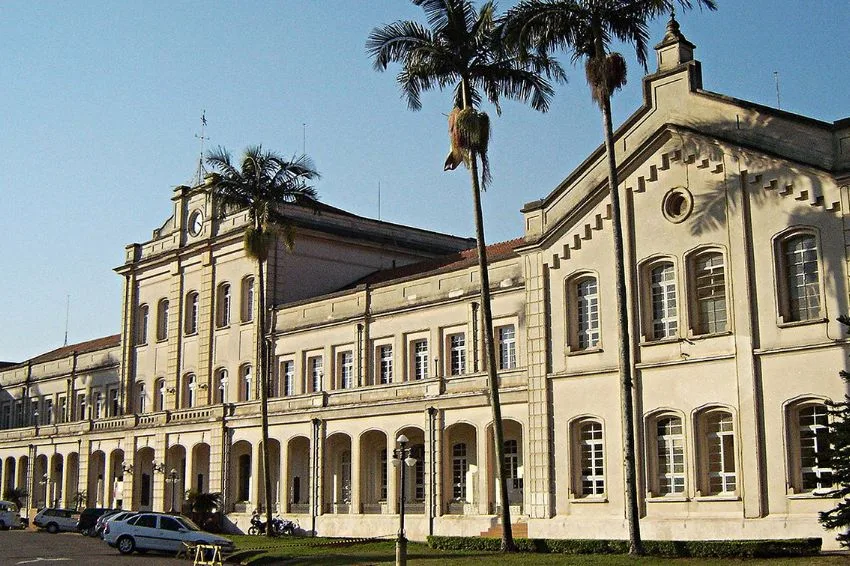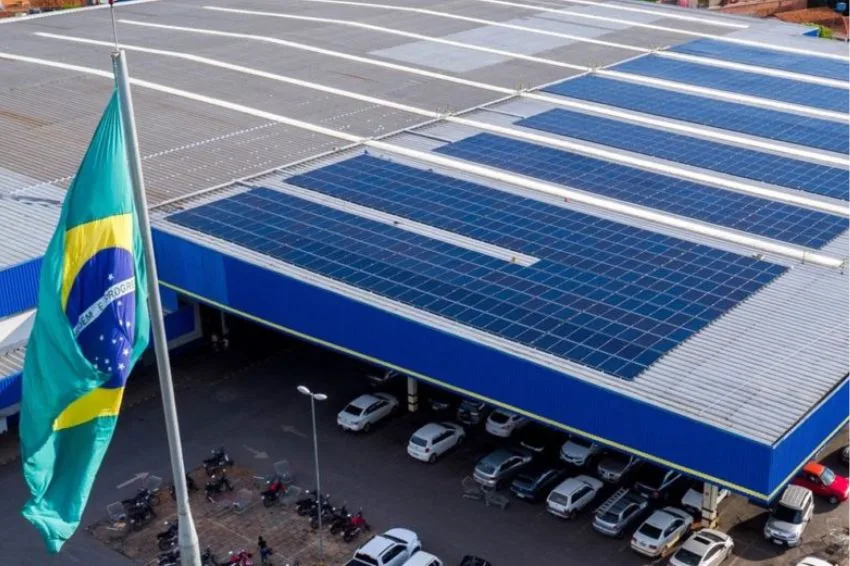According to a survey carried out by Solar Channel, based on data from ANEEL (National Electric Energy Agency), remote self-consumption is responsible for 20% of photovoltaic DG (distributed generation) installations in Brazil.
The report indicated that this category corresponds to 1.2 GW of total installed power in the country and that more than 75% are small projects, smaller than 75 kW.
The state of Minas Gerais, for example, leads in installed capacity with around 1 GW. Furthermore, among the modalities, it is second only to generation in the consumer unit itself, which has almost 5 GW of power.
Therefore, there is no doubt that this model is growing in Brazil. But do you know what remote self-consumption is and how it works?
According to ANEEL, in its normative resolution 687/2015, it is characterized by consumer units owned by the same legal entity or individual that has a microgeneration or minigeneration plant distributed in a location different from the place of consumption – within the same concession area or permission, in which excess energy will be compensated.
In other words, the electricity generated by a solar photovoltaic system installed in one area can be used to reduce the electricity bill in another completely different space.
“Remote self-consumption is easier to negotiate as it allows the generator/investor to negotiate with a single energy consumer, who, as they have the same ownership of the consumer units, can allocate several UCs in the structure of a single plant in accordance with the current rules, without the need to use the more complex figures of shared generation”, said lawyer Pedro Henrique Dante, partner in the energy and infrastructure area at Lefosse Advogados.
Companies bet on remote self-consumption
Amid this scenario, several companies, such as telephone operators, are installing solar plants for remote self-consumption. A Alive inaugurated in 2020, for example, its first plant in the Federal District, which will serve 530 of the company's consumer units located in the CEB (Companhia Energética de Brasília) concession area. In total, the system covers 15 thousand m² and has an installed capacity of 4.82 MWp.
A Clear Nor was it left out and opened a plant in the Federal District this year, with the aim of supplying 110 units and expanding the production of clean energy in Brazil. The project has 11,880 modules with powers of 325 Wp and 330 Wp, in addition to 25 inverters, capable of generating 6.54 GWh/year.
For Dante, companies are increasingly investing in this category because the great advantage, in addition to negotiation only between two parties, ends up being the benefit of ICMS (Tax on Circulation of Goods and Services) in the structures that are covered by the Confaz Agreement 16/ 2015 in the limit of plants of up to 1 MW.
“For these reasons, large groups (telecommunications, retail, drugstores, gyms) are able to use this structure with the allocation of several consumer units under the same ownership in plants within the same concession area, there is no maximum limit that can be used”, pointed.
Entrepreneur invests in remote self-consumption
Entrepreneur Alexandre Muhlenbruch, owner of Alemão Molas, a workshop specializing in springs, located in Ponta Grossa (PR), decided to invest in solar energy, through remote self-consumption, to supply three properties and obtained a monthly savings of R$ 3 thousand.
“I concluded that it could be the most appropriate source to resolve the issue and I discovered that I would be able to supply my company, my home and my son's residence in a more economical and sustainable way”, he highlighted.
The system, built by the company Alemão Molas, was responsible for supplying both the commercial establishment, whose electricity bill reached R$ 1,600, and the two residential properties, which had bills of, respectively, R$ 1,000 and R$ 400.
“In fact, with the amount saved, I am closing the entire workshop area with a wall, an investment that until then I had left on the back burner. The next step is to expand customer service and, for this, I will build another shed – a contribution that I will make soon due to the breath I gained with the reduced monthly bill”, added the businessman.

















One Response
Please, I would like to receive messages from this site and follow the progress of solar energy
My name is JOSEVAN, I am an Engineer and I am looking for a new opportunity in the photovoltaic energy sector